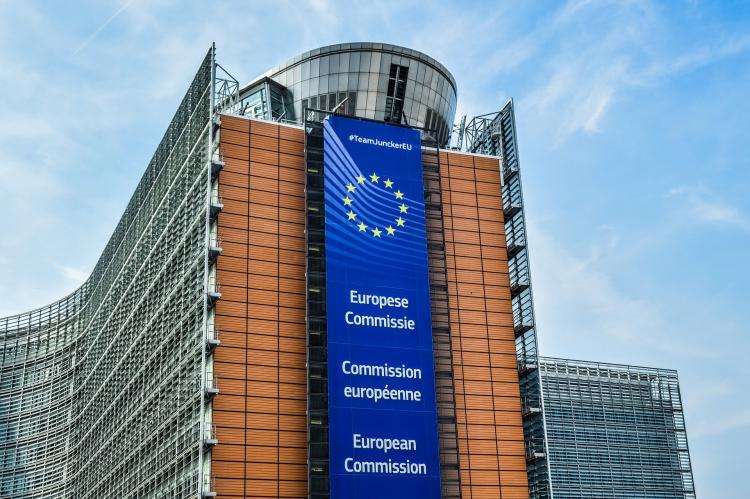“Blockchain technology has enormous potential to enhance the way
that citizens, governments, and businesses interact, by
enhancing trust between entities and improving the efficiency of
operations.
The European Blockchain Services Infrastructure (EBSI) is a
joint initiative from the European Commission and the European
Blockchain Partnership (EBP) to deliver EU-wide cross-border
public services using blockchain technology. The EBSI will be
materialised as a network of distributed nodes across Europe
(the blockchain), leveraging an increasing number of
applications focused on specific use cases. In 2020, EBSI will
become a CEF Building Block, providing reusable software,
specifications and services to support adoption by EU
institutions and European public administrations.
Blockchain technology has great potential for governments and
offers economic and political benefits.
Blockchain architecture offers economic benefits. In IT,
distributed infrastructure results in technical
interoperability, high resilience, high availability, and high
load capacity. Consensus protocols ensure high data availability
and integrity of data. Advanced cryptography offers high
security. A distributed data structure enforces semantic
interoperability and distributed processing increases process
interoperability. Regarding cost aspects, inbuilt support for
economic "mechanism design" allows provisioning those IT
benefits at the most economic price.
Blockchain technology offers also political benefits.
Infrastructure running blockchain software can be installed and
operated in as many (or as few) MS as desire to join a given
project, and each participating MS can run as many (or as few)
nodes as desired
Specific platforms offer sophisticated governance mechanics that
can be configured to mirror the governance of the EU itself
(unanimity or qualified-majority voting, etc.) Immutable data is
shared among participants with configurable transparency. This
increases the trust among participants (MS governments /
agencies), participation and auditability by the citizens (hence
trust). Last but not least, they increase the effectiveness of
policy instruments by adding economic incentives (economic
mechanism design)
In order to study and to test the technology, DIGIT has
performed the following actions:
- - develop, implement and test one proof of concept: A
Blockchain-Based Notary System
- - develop, implement and test a private Blockchain
network based on Ethereum POA protocol
- - develop, implement and test a private Blockchain
network based on STEEM protocol”
|
